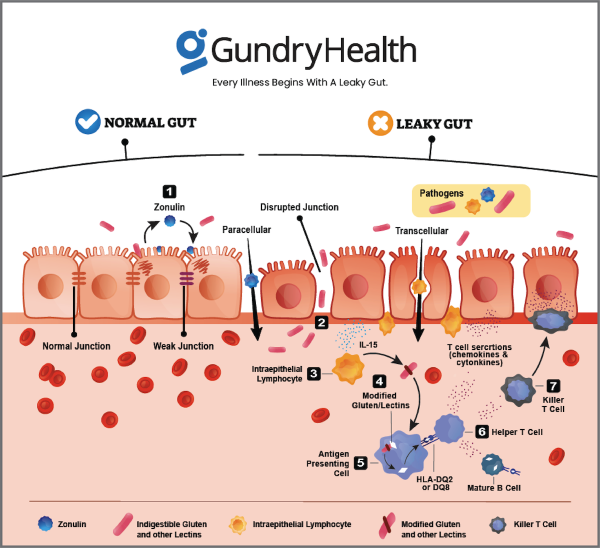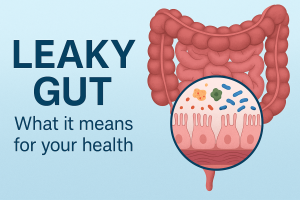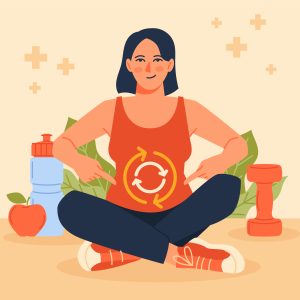Health Dangers of Lectins in Everyday Foods and How to Remove the Threat of Lectins
The concept of a lectin-free diet has gained popularity in recent years. According to Steven Gundry, MD, a heart surgeon based in California who is credited with the development of the lectin-free diet, lectins disrupt cell communication and increase inflammation, causing poor gut health that leads to a host of ills, including digestive problems (bloating, gas, diarrhea), weight gain and contribute to conditions such as autoimmune diseases, obesity, and leaky gut syndrome. Researchers now believe that eliminating lectins from the diet can have numerous health benefits, such as weight loss, prevention of autoimmune conditions, improve overall health and alleviate various other health problems.
What are lectins?
Lectins are proteins that help plants protect themselves. It is a type of protein (susceptible to various diseases, bacteria, and viruses) that forces carbs (sugars, starches, and fibers) to clump together and even attach to certain cells in your body when you eat them.
Our GI tract has trouble breaking lectins down. This can impair digestion, reduce nutrient absorption, inflame your immune system, and disrupt the balance in your microbiome (the bacteria living inside your gut).
Lectins can also create a leaky gut by punching holes in your intestinal walls and cause dangerous bacteria and viruses to leak into your bloodstream. The result is widespread inflammation — exactly the kind that can lead to myriad of autoimmune diseases.
How to avoid lectins?
Common lectin-containing foods include certain vegetables from the nightshade family (including tomatoes, peppers, potatoes, and eggplant), squash, fruits, although the diet allows moderate amounts of in-season fruits, grains, certain nuts and seeds like cashews and peanuts, beans and legumes. Lectins in certain foods can be eliminated by pressure-cooking them.
The following foods have low lectin content:
- Pasture-raised meats
- A2 milk
- Cooked sweet potatoes
- Leafy, green vegetables
- Cruciferous vegetables, such as broccoli and Brussels sprouts
- Asparagus
- Garlic
- Onion
- Celery
- Mushrooms
- Avocado
- Olives or extra virgin olive oil
(You can find a complete Dr. Gundry YES/No food list HERE.)
With his 20 years of experience treating autoimmune disease Dr. Gundry helped thousands of people including many celebrities we all know. Gundry Health is his way of helping even more people suffering from autoimmune diseases.
Dr. Gundry’s unique health program is now available to you (without needing an appointment at one of Dr. Gundry’s two, waitlist-only West Coast clinics).
Thanks to the pioneering work of Dr. Gundry and his team at Gundry Health, Care Coordinators trained in Dr. Gundry’s unique holistic methods are now available to provide personalized guidance based on your specific health needs and goals.
Kelly Clarkson “I literally read this book, and I did it for this autoimmune disease that I had and I had a thyroid issue, and now all my levels are back up. I’m not on medicine anymore because of this book; it’s called ‘The Plant Paradox (by Steven R. Gundry, MD).







